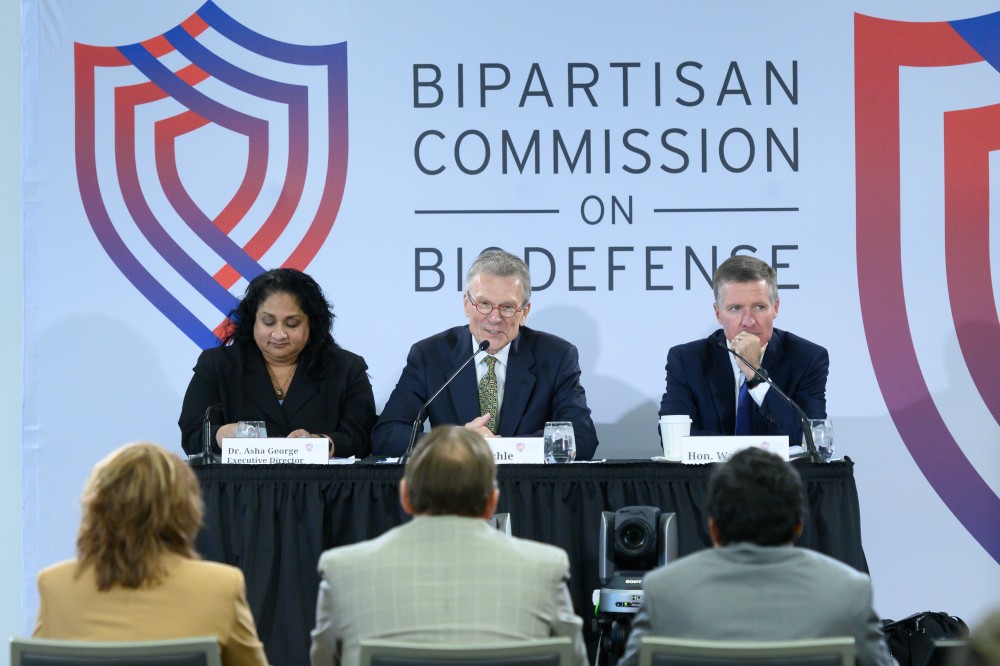
In a new report issued this week, the Bipartisan Commission on Biodefense warned that the United States needs to protect infrastructure, share and secure information, and maintain public works and services, or risk further devastation from biological threats like COVID-19.
The report was titled Insidious Scourge: Critical Infrastructure at Biological Risk, and it urged joint action on the topic by both public and private entities. It made recommendations sector by sector, covering 16 in all — from the chemical sector to the water and wastewater sector — and dozens of affiliated proposals.
“COVID-19 decimated many organizational operations across all 16 of the critical infrastructure sectors that keep this nation going,” Commissioner Jim Greenwood said. “Current estimates see the COVID-19 pandemic costing the United States at least $16 trillion. Working together to implement the recommendations in this report, public and private sector critical infrastructure leaders can prevent the sort of cascading failures they experienced during the pandemic and get ahead of the next biological event.”
The report noted that what makes biological events so dangerous is that they affect many, if not all, critical infrastructure sectors. While their immediate effects can include mass illness and death, they can also lead to physical compromise, inventory and distribution collapse, data theft and compromise, causing a situation of cascading detrimental effects. In the process, they put national, economic and public health security in jeopardy.
Because of this, in general the authors pointed to the U.S. Department of Homeland Security as bearing a large chunk of responsibility over this issue, and as such, should be expected to continue evolving its efforts to manage and reduce risk to critical infrastructure.
“However, all other sector specific federal agencies, as well as the owners and operators of the individual sectors, must also devote resources to help defend critical infrastructure against biological threats,” the authors wrote. “Our Nation’s critical infrastructure stands, but it does not stand firm, in the face of COVID-19. Targeted action by Congress, the Administration, and the private sector today will alleviate the strain caused by the next biological event, prevent cascading failures throughout critical infrastructure, and reduce the pain and suffering disease inflicts on the count.”
While the report went into specifics for each sector, it added that all sectors need to:
- Be aware of biological threats, including how and where they are vulnerable;
- Predict, prepare for and prevent the consequences of biological events;
- Actively detect biological events at or near their facilities so they can respond efficiently;
- Work with law enforcement, public health officials and corporate security to investigate the cause and nature of biological events;
- Coordinate with public and private sector partners alike to help their facilities and communities recover from biological events; and
- Negate the impact of future biological events by pursuing protections and measures to help their facilities and personnel endure against attacks, accidents and natural outbreaks.
“Pandemics caused by coronaviruses, influenza, and other pathogens have decreased available manpower for all critical infrastructure due to illness and death, and specifically impeded aviation and other transportation systems commercial facilities that host mass gatherings, schools, efficient operation of government facilities, our ability to produce and provide medical countermeasures, while increasing demand for power, water, and other critical resources,” Joe Lieberman, Commission co-chair, said. “The federal government needs to exert leadership and work with the private sector and international partners to manage and reduce biological risk to critical infrastructure now.”




